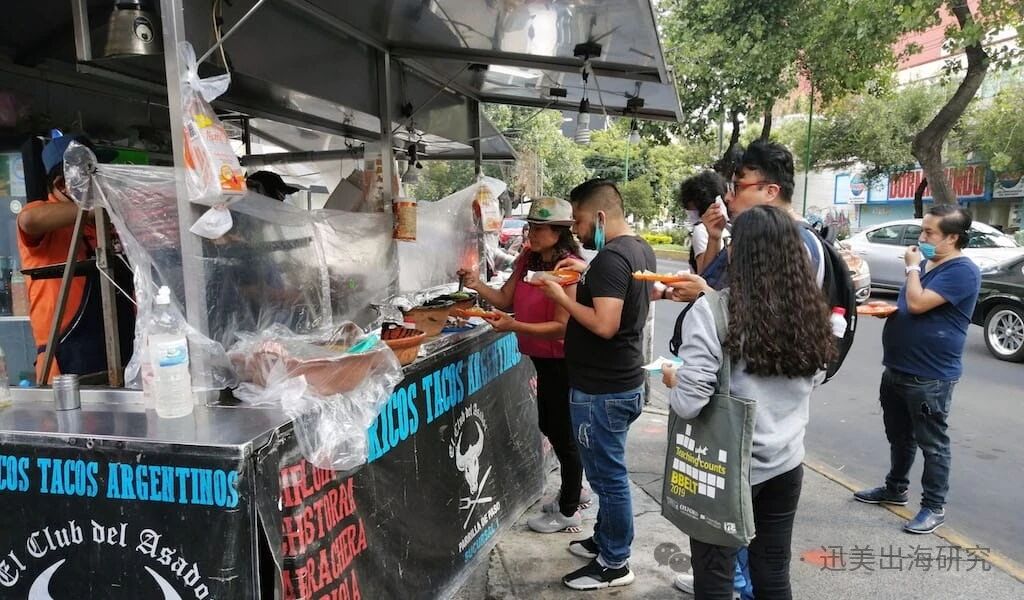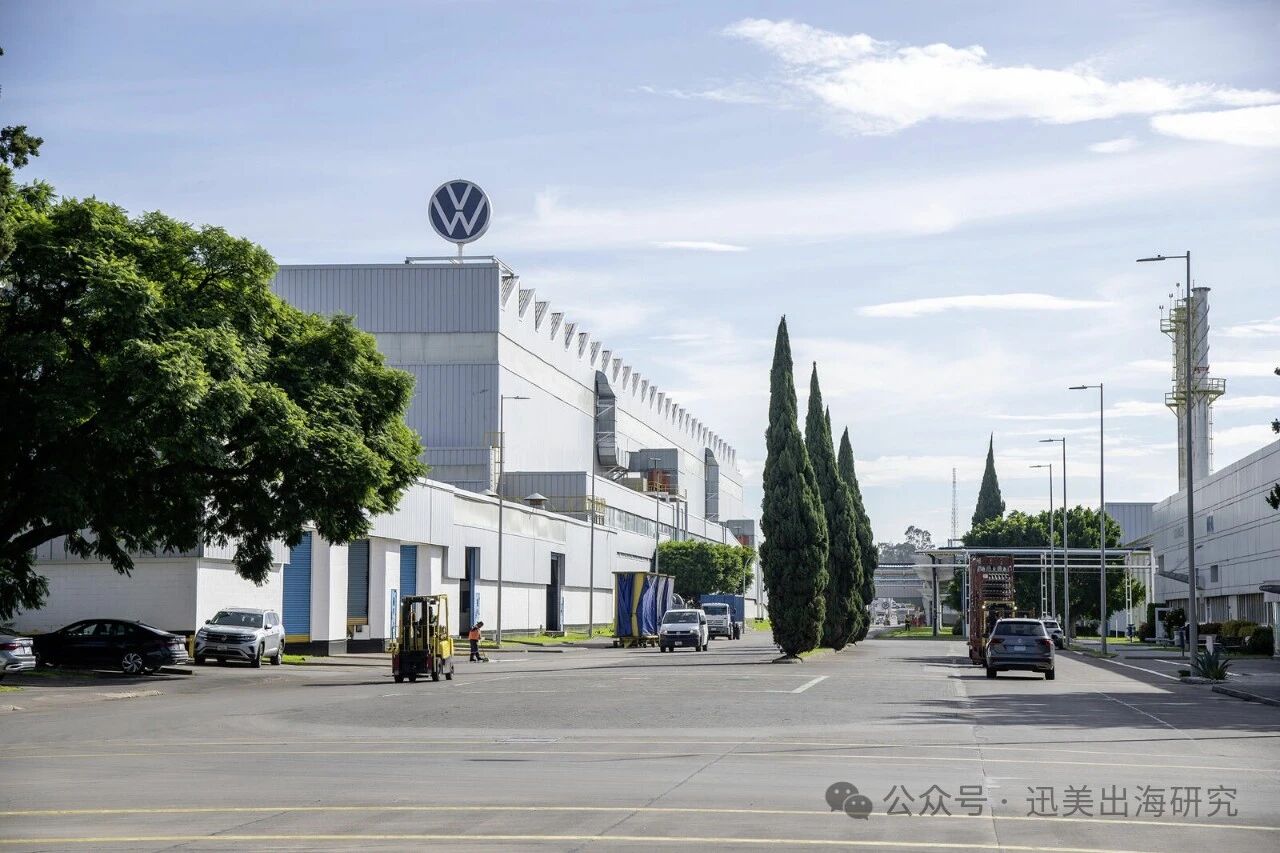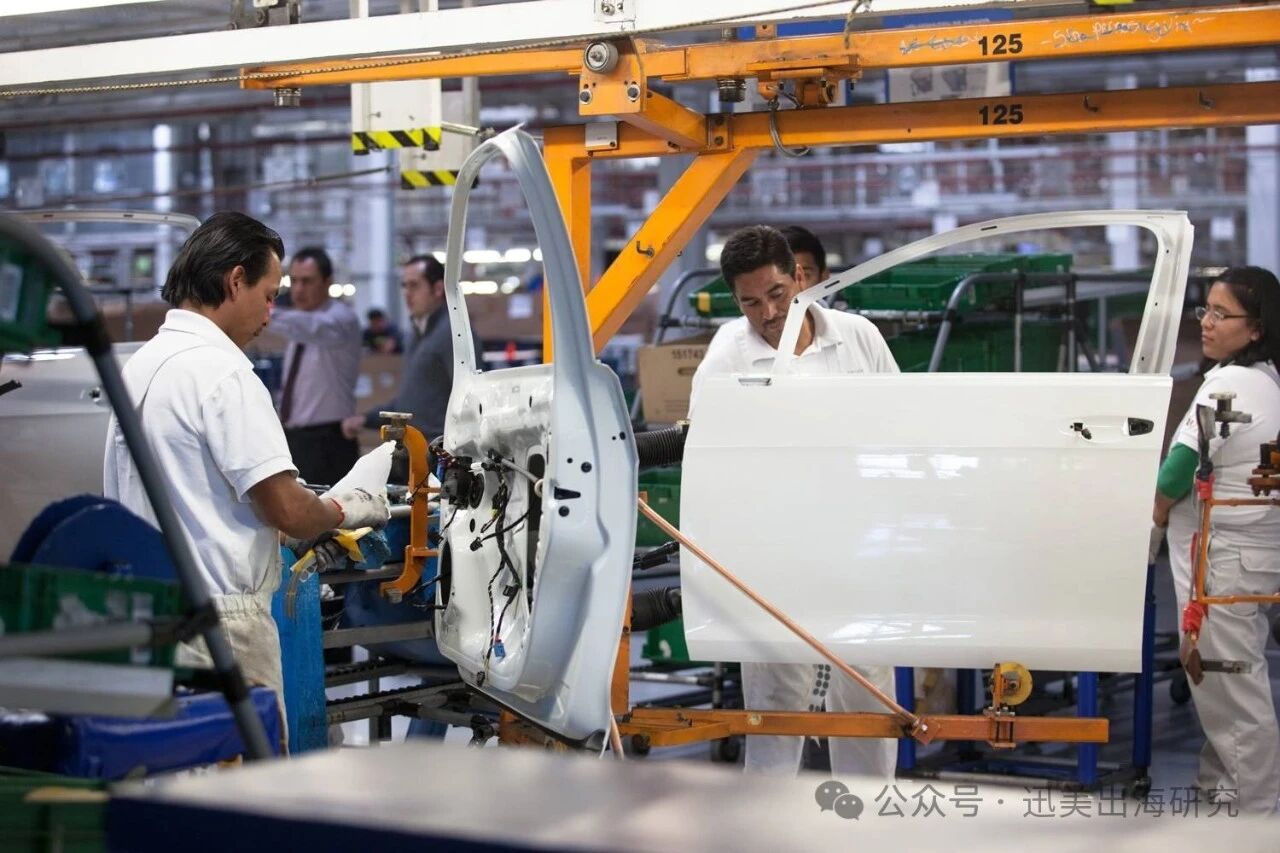01 Mexico Wins a Breathing Space
Although the Mexican government has shown a calm attitude toward the United States’ current trade policies, not all news from its crucial automotive sector is positive.
In Puebla, Mexico, the atmosphere in early April felt both calm and tense. As the country’s automotive heartland, daily life seemed unchanged—street vendors still sold grilled chicken, and street performers played for coins.
Yet on April 2, everyone was anxiously glued to their phones, awaiting the latest announcement from the U.S.—President Trump was set to reveal new tariff measures.
When the news finally broke, a collective sigh of relief could be felt. For Puebla, and for Mexico as a whole, the White House’s measures were far less severe than feared. On April 9, Trump announced a 90-day suspension of tariffs, with most tariffs reduced to 10%—the lowest level.
02 Concerns Mixed with Confidence
In Mexico—a country striving to cement its reputation as a reliable automotive hub—opinions about Trump’s trade policies remain divided.
Fabricio Fernandez, an economics student, told reporters: “There’s nothing to fear, because at the end of the day, he (Trump) pays the tariffs himself.”
But Julia, a retired resident, expressed deeper concerns. She worries about Puebla’s future as an automotive center. “It’s all very unsettling—for the people, the country, for everything. When I go to the supermarket, everything is more expensive. If jobs disappear, it will be much worse,” she said.
Thomas Karig, a 71-year-old Puebla business consultant, recalled Trump’s first term, when he forced Mexico and Canada to renegotiate the North American Free Trade Agreement (NAFTA), which was ultimately replaced by the United States-Mexico-Canada Agreement (USMCA).
Karig, a former Vice President of External Relations at Volkswagen Puebla, told media the renegotiation actually boosted Mexico’s auto parts suppliers. He attributed this to the rise in regional content requirements—the proportion of goods that must be produced in North America—which increased by 20.5 percentage points to 75%. “In many ways, the renegotiation was a success story for both the U.S. and Mexico,” Karig said.

03 Mexico’s Confidence and Opportunity
As initial worries began to subside, Mexico’s Economy Minister Marcelo Ebrard struck a more confident tone in an interview with Radio Formula. He suggested that Trump’s so-called “global trade restructuring” might actually bring Mexico major opportunities.
“What we are witnessing is the birth of a new trade order—and possibly a new geopolitical order. One stage has ended, and another is beginning,” Ebrard said, even before Trump’s tariff suspension announcement.
He stressed that thanks to the still-valid USMCA, Mexico remains in a strong position: “We don’t impose tariffs on each other. Most of our foreign trade flows through the USMCA, tariff-free. That is excellent news.”
Karig even speculated Trump might seek to renegotiate trade terms with Mexico again—this time to further increase regional production ratios. He argued Mexico has so far handled the situation cautiously and effectively.
“Of course, Mexico could retaliate by imposing tariffs on U.S. goods,” Karig noted. “But the question is whether that really makes sense or has any effect. Tariffs are, after all, a tax—ultimately borne by consumers or companies. And in the end, it only hurts the Mexican people.”
Kenneth Smith Ramos, a business consultant and Mexico’s former chief negotiator during the USMCA talks, echoed this view at the Logistics World industry event in Mexico City. He said the Trump administration appeared determined to “reopen and renegotiate” the agreement.

04 Mixed Fortunes in the Auto Industry
Despite the Mexican government’s calm response to U.S. trade policy, its all-important automotive industry is facing mixed signals.
According to Mexican newspaper Milenio, carmaker Stellantis has decided to suspend production at two plants—Saltillo Van and Toluca—following Trump’s announcement of tariffs on imported vehicles.
News portal Aristegui Noticias also reported that Nissan temporarily shut down two of its commercial vehicle plants in Mexico.
There is, however, some good news. Economy Minister Ebrard confirmed that Swedish automaker Volvo plans to expand its investment in Mexico, with a USD 700 million investment in its Cienega de Flores facility.

发表回复